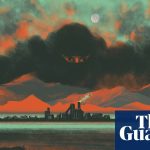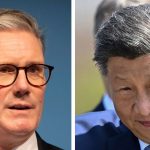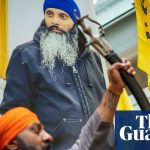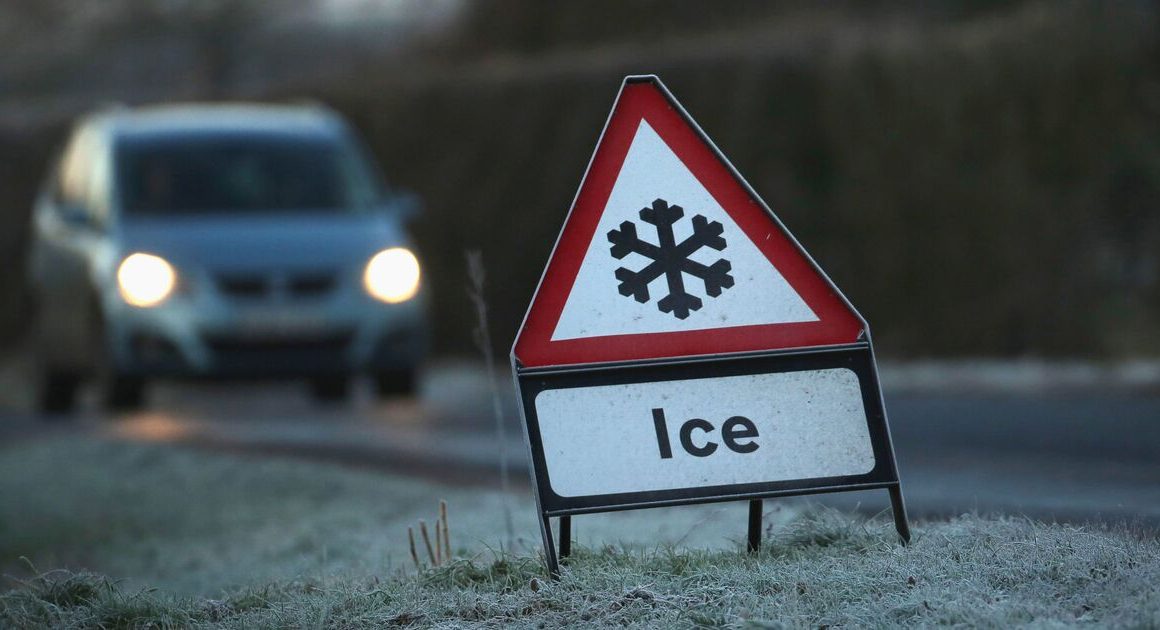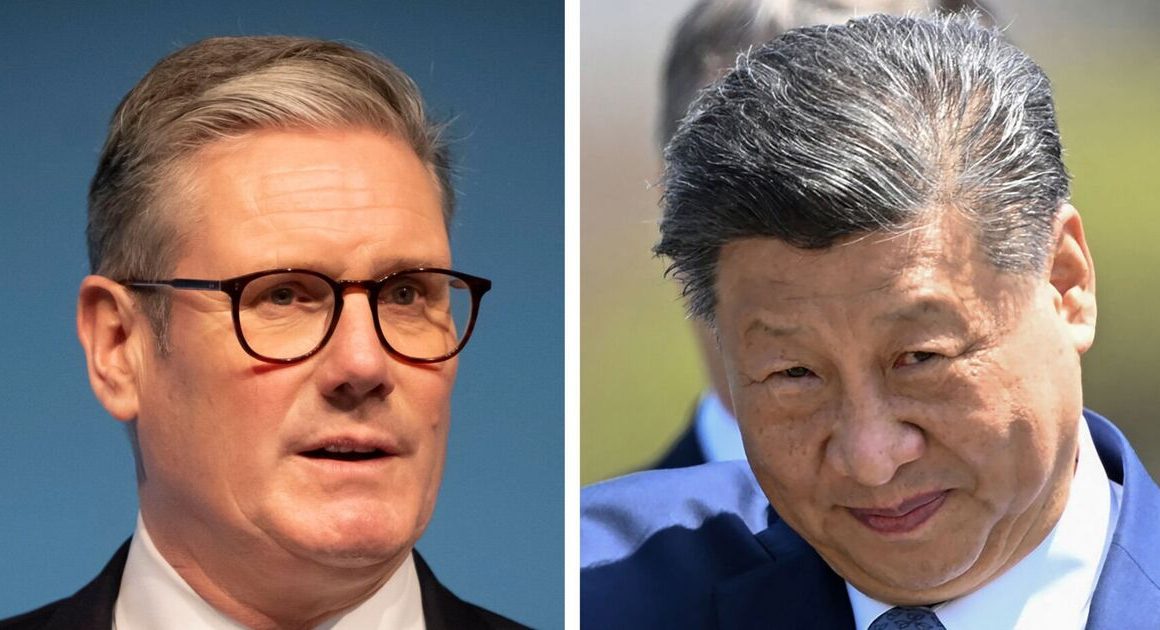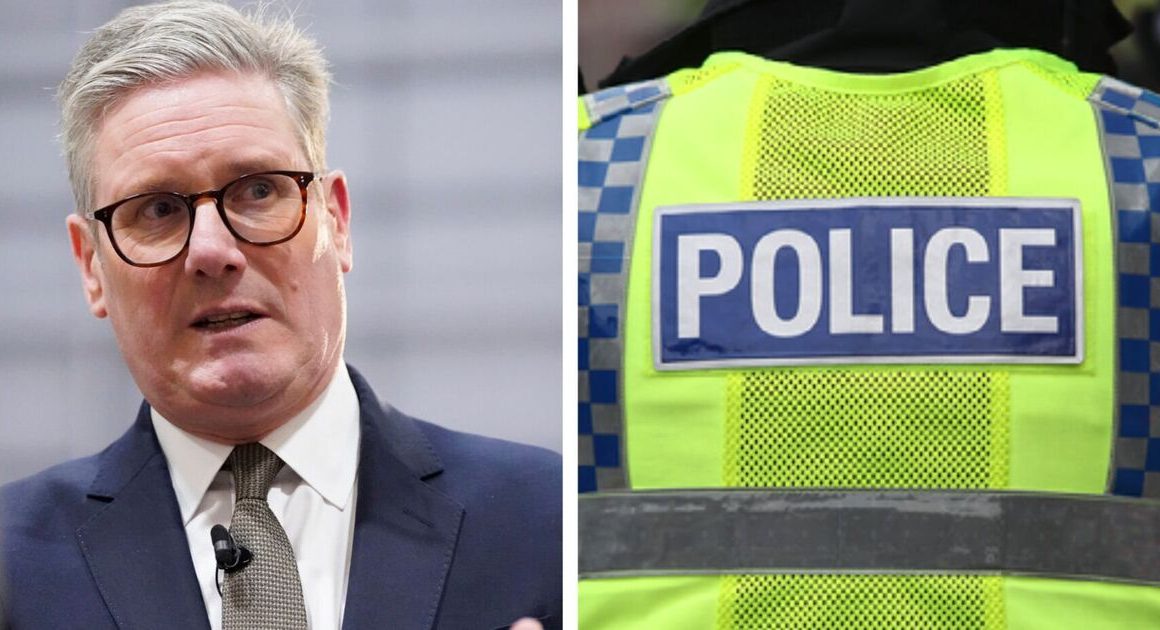The group of battle-hardened soldiers fighting for Ukraine had only just been dropped off in a forest full of Russians when the mortars began to fall.
One of the first explosions sent shrapnel tearing through Shadow’s uniform, piercing his chest and torso and shredding the arteries and veins in his left arm, leaving blood pouring out uncontrollably.
“My friend put one tourniquet on me, [but] the bleeding kept going,” said the former Canadian soldier, now volunteering in Ukraine’s defence, in an exclusive interview with CBC News. “So he put two tourniquets on me … at some point, I wanted to sleep … just a little nap, and they were like, ‘Stay with us, stay with us.’ Those guys — basically, they saved my life that day. So I will be forever grateful.”
This dramatic, front-line account of a direct attack and medical evacuation amid Ukraine’s conflict with Russia is rare from a foreign fighter, offering insight into what can happen in the war zone.
CBC is not identifying Shadow, a nom de guerre he uses on the battlefield, over concerns his family would be targeted should he ever be captured.
He was stationed for three months in the heavily contested region of Donetsk in eastern Ukraine, the scene of intense fighting as Russian soldiers have slowly advanced over the summer months.
CBC first met the 34-year-old native of Sherbrooke, Que., more than two years ago, shortly after he arrived in Ukraine, along with an approximate 20,000 other experienced foreign fighters, to volunteer in the battle against Russia. That figure comes from the Lieber Institute, part of the U.S. Military Academy at West Point.
A former Canadian soldier, identified only as ‘Shadow,’ describes being seriously wounded while fighting with Ukraine in the heavily contested region of Donetsk. He reconnects with CBC’s David Common two years after they first spoke to explain what happened and why he’s eager to return to the frontline.
It’s not clear how many Canadians have taken part, but some estimates suggest around 550 over the entirety of this chapter in the Russia-Ukraine conflict.
Global Affairs Canada (GAC) doesn’t track the number of front-line deaths of Canadians in Ukraine, but told CBC it “is aware of the deaths of 20 Canadians in Ukraine since February 24, 2022.” GAC said those aren’t necessarily all combat deaths.
Gravely injured, but intent on still fighting
Now recovering after multiple surgeries in Ukrainian hospitals away from the front lines, he recalls the seconds after he was struck.
“The pain was horrible,” he said. “But the medic was in another foxhole and they were all under mortar fire, too.”
Morphine, normally administered soon after an injury, would not arrive for more than an hour, after Russian forces ended their bombardment of the forest, trees splintering around the troops from the explosions.
Despite all this, Shadow wants to get back to the front as soon as he has recovered.
“It became a huge part of my life. And I like fighting. I like the people here. I like helping Ukraine.”
It will be months before he might be able to return — and there is no guarantee.
“Some shrapnel went through my lung [and] in the liver, which is still there. They don’t know if they will remove [the shrapnel],” he said. “Because of that, I had internal bleeding. I had a huge concussion, brain injuries and also some shrapnel that went through my ear … we don’t know if I would be able to move my left hand again.”
In an attempt to regenerate skin tissue, Ukrainian doctors have sewn Shadow’s hand to his waist. It will still take weeks, if not months, and only after that will the stitches be removed.
Russia making slow progress in grinding war
Russia’s progress on the battlefield is seen by some as a strategy of “last man standing,” with enormous death tolls on both sides. But Russia, which is much larger by every measure, is indeed advancing inside Ukraine itself.
“Russia is making slow and grinding progress in eastern Ukraine,” said Prof. Walter Dorn of the Royal Military College of Canada, who noted that Ukraine still holds territory in the Kursk region of Russia.
“It is surprising that Russia is not devoting more effort into removing Ukrainian forces from Russian territory. It suggests that Putin’s primary goal is to seize all of Ukraine’s Donbas [region] before eventually negotiating away some of the other territories.”
Both sides await the results of the U.S. presidential election in November.
“If former president Trump wins, it will be very dire for Ukraine in all manner of U.S. support — for example, weapons, funds and diplomatic support,” said Dorn. “That is why Ukraine is preparing itself to be more independent, for example, by raising taxes on its people and businesses.”
Visit to Canada on hold
Shadow says that while he was fighting, he wasn’t able to take cell phones to the front lines, because Russia can use them to pinpoint the location of Ukrainian forces. So, on video recorded by his unit’s commander after he was hit, Shadow is heard asking his friends to ensure his phone is sent to the hospital.
He used it to text his parents back in Canada.
“I think they miss me. I’ve been trying to go back home to visit,” he said. In fact, the patrol that ended in his wounding was supposed to be his last after three months of constant fighting. He’d intended to return to Quebec to see family, including a young daughter who was born after he left for Ukraine.
“It’s hard, man. Missing the entire childhood of your child. But she has everything she needs, other than my presence,” he said.
While recovering from his injuries, he continues his work with Doves of Freedom, a group he founded, which raises money to purchase and retrofit drones for use on the front lines.
He says several of his drones have already been used against Russian targets, including armoured vehicles. He claims the drones, which cost about $500 apiece, have destroyed more than $850,000 of Kremlin-controlled weapons systems.
Some of these drones, he says, have been used in Kursk, the border region inside Russia that Ukrainian forces invaded earlier in the summer.
When Shadow began his fight in 2022, defending Ukraine’s capital region against the rapidly advancing Russian army, he fought alongside another Canadian, Wali. Together, they worked as a sniper unit, dispatched to take down targets from afar.
Wali has since returned to Canada — but Shadow continues to believe he can make a difference in Ukraine. Although he still proudly identifies as Canadian, Shadow says he feels no pull to return to his home country permanently.
“I really want to make a difference in this world,” he said. “I’m right in the centre of this conflict … it’s like the best job I’ve ever had.”

